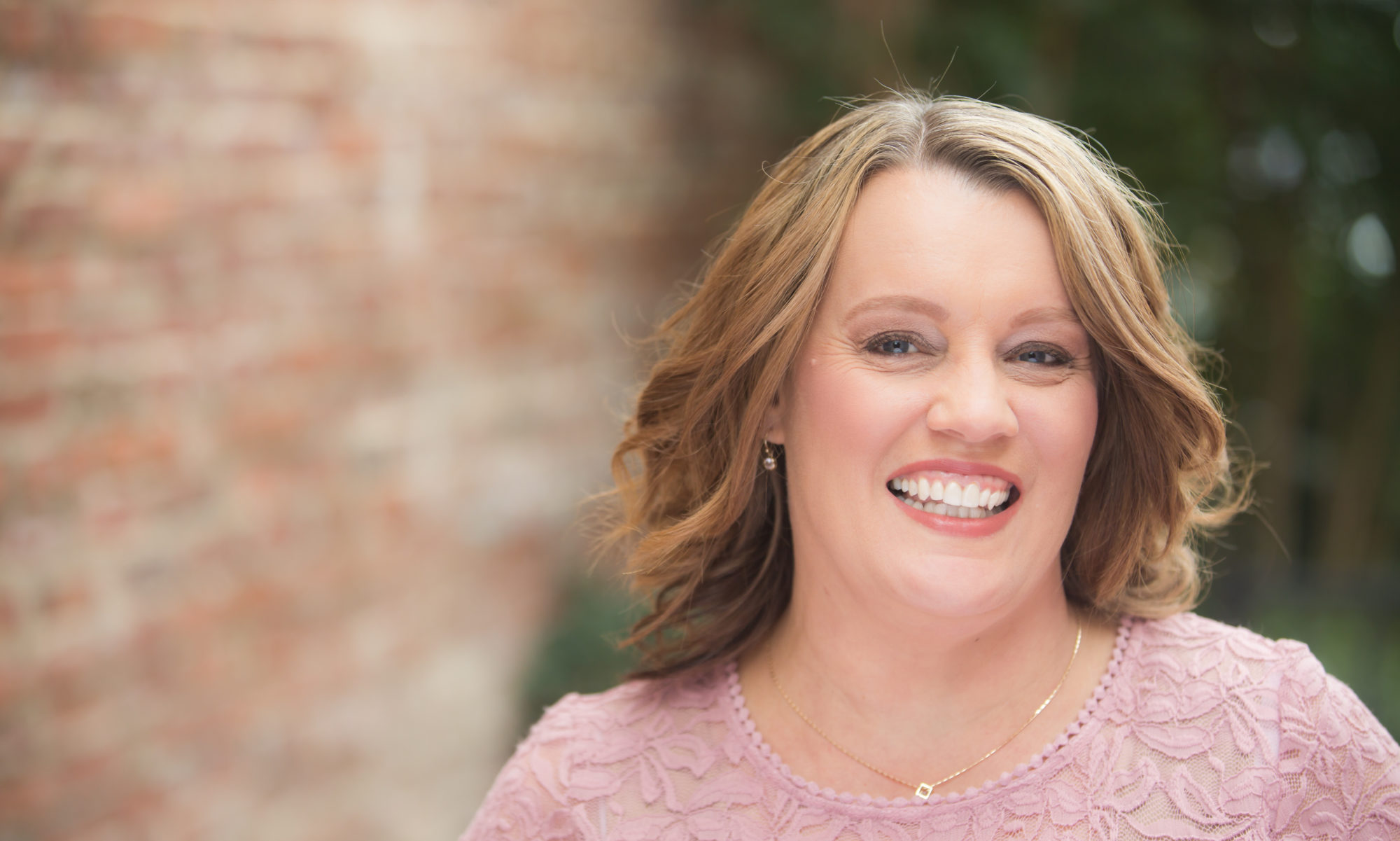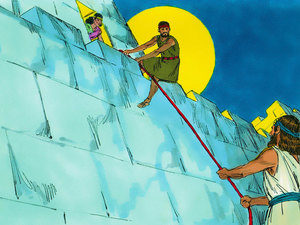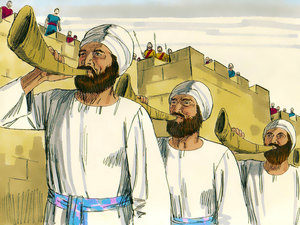Rahab: When Walls Crumble
Two spies shimmied down the high wall of the mighty city, gripping a rope hastily thrown out the window. Amidst their enemies, they had seen what they needed to know—the city was locked up tight. Jericho had stores of food and water, and plenty of soldiers to withstand a months-long siege against the feared Israelites.
Inside the city, a woman named Rahab had, for some reason, lost any loyalty she had to her city or the king. Before letting them escape out her window, she had told them, “I know that the Lord has given you this land and that a great fear of you has fallen on us, so that all who live in this country are melting in fear because of you.” http://biblehub.com/niv/joshua/2.htm
Why would well-stocked people in a city surrounded by a twenty foot high, six foot thick wall be afraid of a ragtag band of desert nomads? The possibility of an Israelite win from a military strategic standpoint was laughable.
No one could penetrate the wall, and they’d have to block the exit for many months for the people to even begin to worry about food stores. The wall guaranteed their safety.
Rahab and her family appeared to live in safety and prosperity. But inside her safe little house built against the strong wall, Rahab’s life carried shame and guilt.
I don’t know how she became a prostitute, although this great historical fiction novel by Jill Eileen Smith offers a plausible explanation.
Whatever the reason, no little girl thinks, “When I grow up, I’m going to sell my body to men for money.” The road to prostitution is marked by a series of small, regretful decisions and/or exploitation by someone who should have been protecting her.
Then, when her life seemed irreparably damaged, she faced a military invasion sure to destroy everything she had left.
In her shame, the only security she had left was a house next to the city wall and a promise from two foreign spies. “’Our lives for your lives!’ the men assured her. ‘If you don’t tell what we are doing, we will treat you kindly and faithfully when the Lord gives us the land’” (Joshua 2:14).
Though her immediate safety motivated her to make the deal, it was her eternal future and her legacy God foresaw when he rescued her.
The Israelites had captured many cities, and each victory employed a different strategy. Jericho’s strategy didn’t make sense in terms of military power. Instead of using dynamite or battering rams, Joshua and the army marched around the city for seven days. The last day, after circling seven times, they blew trumpets and shouted.
From a human perspective, no one could have predicted what would happen next: Jericho’s mighty walls simply crumbled. Israel’s army charged in and captured it. Every living thing, except for those in the house of Rahab, died by the sword. Fire consumed anything that was left.
Of all the military strategies available to the army of Israel, God chose to miraculously turn her faux-security into rubble, so that she could run to the safety of Yeshua, “the LORD delivers,” and His people.
It must have been strange for Rahab, living among nomads whose goal was to conquer neighboring cities. A completely different way of life awaited her—food, language, worship, and new social rules.
The Bible doesn’t share a lot of her story, but we do know that she married and started a family. She bore Boaz with her husband, Salmon. Her family line continued to King David and, eventually, two young engaged people from Nazareth—Mary and Joseph.
I can relate to Rahab’s story. It’s human tendency to hide in our shame. We don’t realize that God has a greater calling for us when we hide ourselves in Him instead.
I used to cover myself with achievements and leadership positions. Secretly, I believed that without those things, I had no value. My worth came from what I could do for people, rather than who I was as God’s masterpiece (Ephesians 2:10). Just like the six-foot walls surrounding Jericho, God had to tear down my faux-securities and coax me to turn to Him.
Rahab’s story points us to the amazing works God can do when we come out from the shame and allow Him to rescue us. It’s sure to be painful and maybe a little traumatic (like the burning Jericho), but the life-change produces a legacy of deliverance for generations to come.
What’s your legacy? Did you come through the fire and let Jesus deliver you from shame?






The Conversation
My shame has to do with being in an unequally yoked marriage. But God has and is redeeming what I didn’t want others to know about. He is using every square inch of a trying situation for His glory and my refining. Walls definitely had to crumble and it got pretty messy, but He is my architect and is building something beautiful where barricades of shame once hid my story from others. Thanks for this post, Lyneta. You always make us think!
Maresa, I’m so grateful for how vulnerably you share your story. Even though the Bible doesn’t elaborate on the story between the rescue from the battle of Jericho and Rahab’s marriage to Salmon (and her motherhood to Boaz), we can only imagine how hard that middle part was for her. She exchanged her predictable life in the fortified city for a life of constant on-the-go from battle to battle. I continue to pray for you as you walk through the middle of your story, meeting every battle with so much grace and ever-growing faith. I know that when we read the end of the story, your legacy will be significant and remarkable, like Rahab’s.